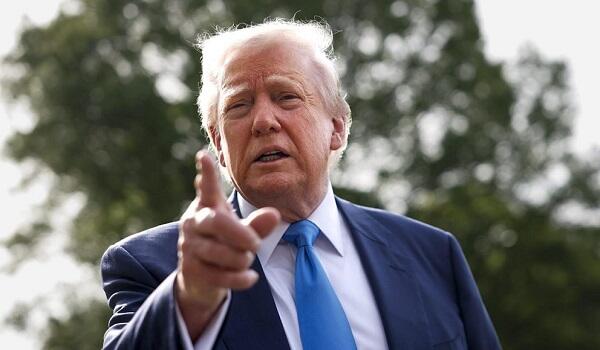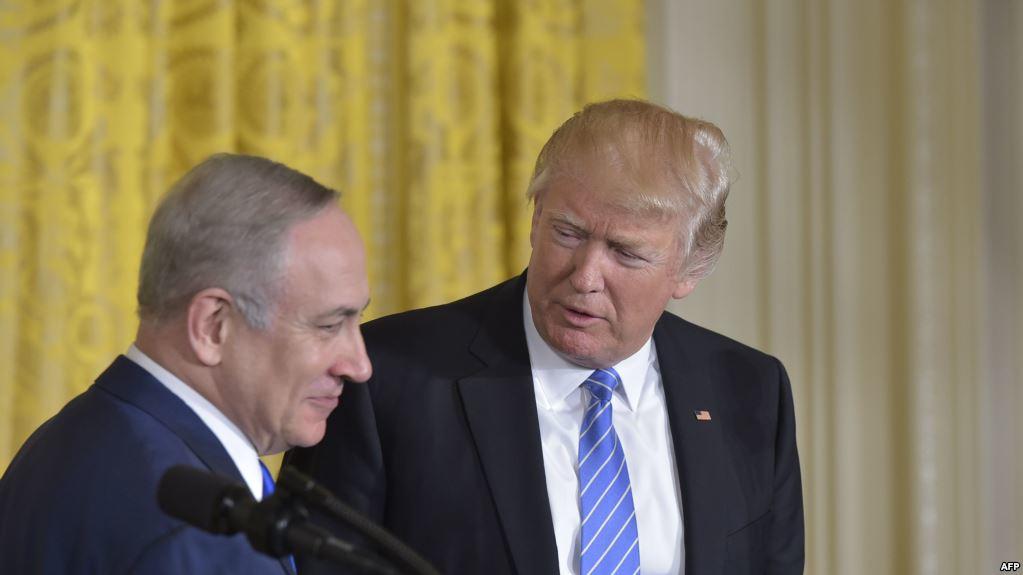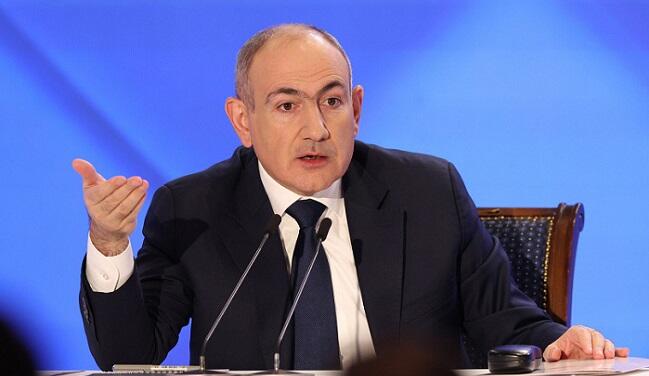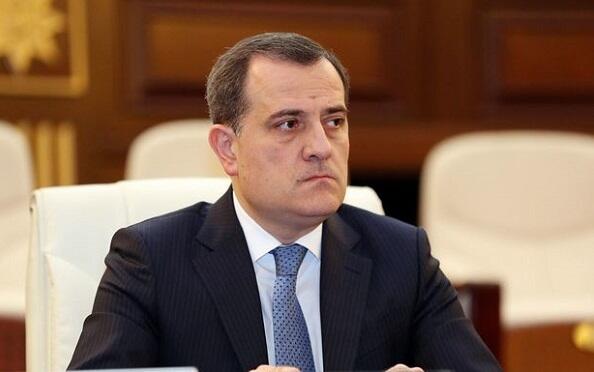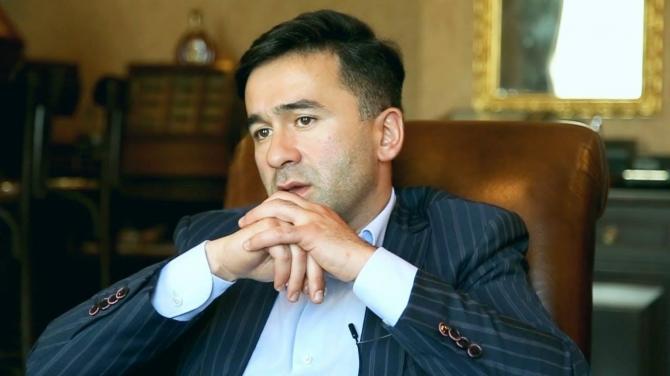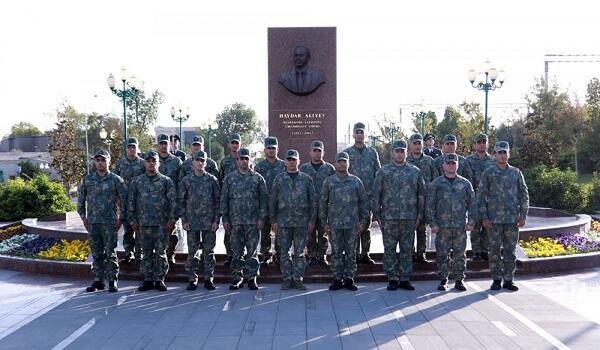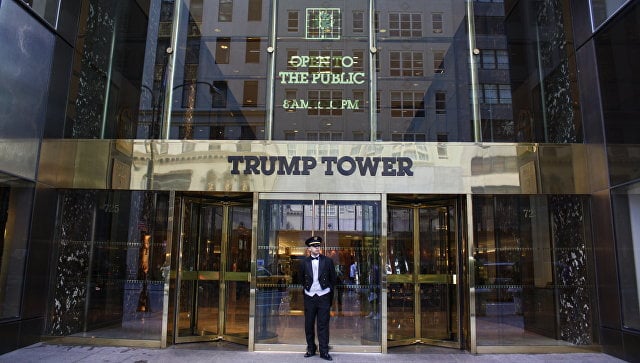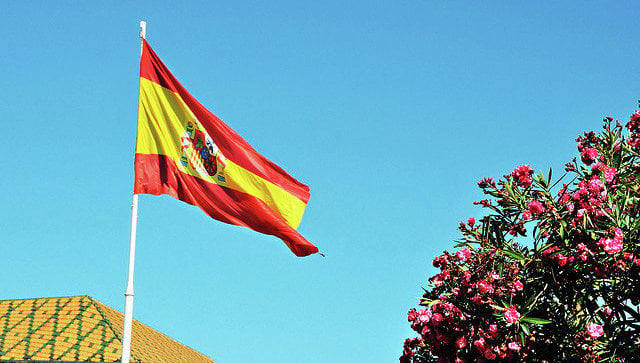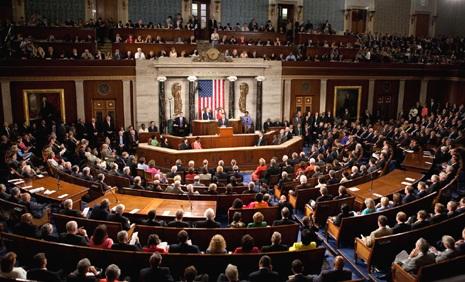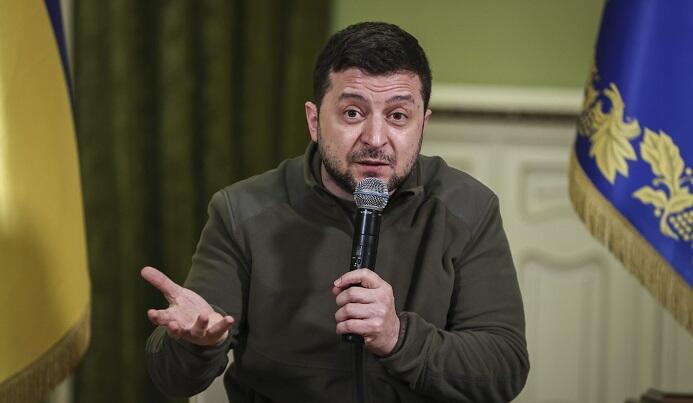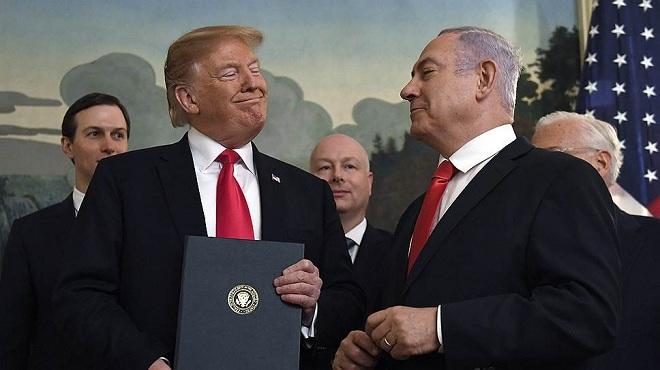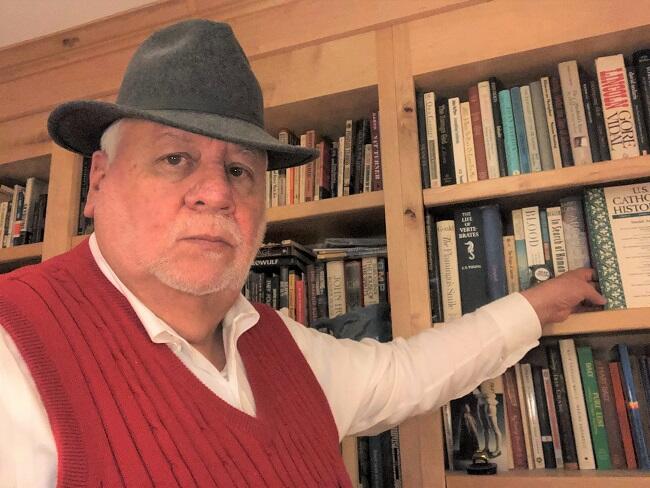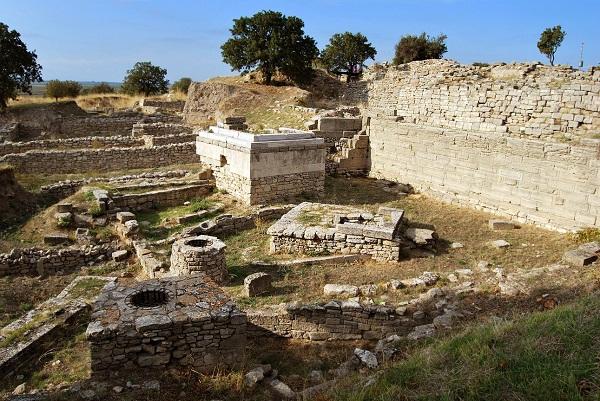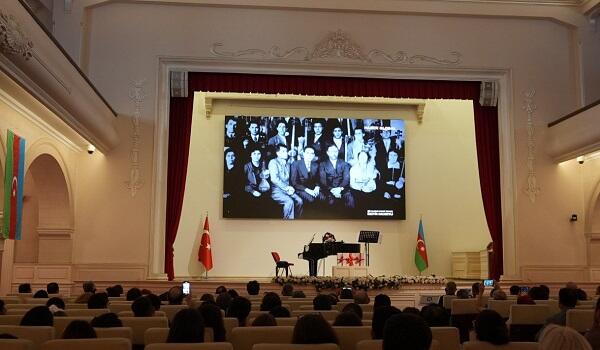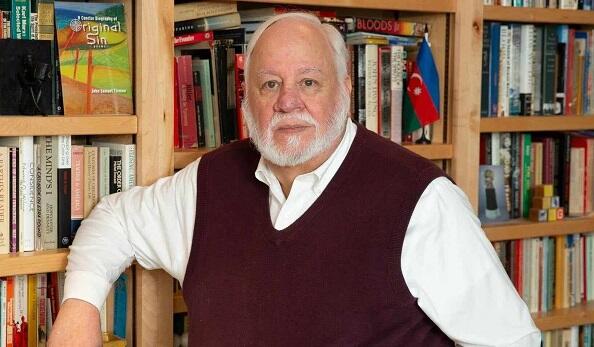Axar.az presents an article, “God and Politics” by John Samuel Tieman.
Religion is political. Religion is power, and power is politics. But there is a difference between saying religion is political and saying religion is partisan.
Throughout my youth, religion wasn't overtly partisan. Lyndon Johnson went to church every Sunday, but he went to a different denomination each time. I knew of the Republican politics of our Missouri senator, Jack Danforth, long before I knew he was an Episcopal priest.
The First Amendment is unambiguous. The government has no business mucking around in religion. "Congress shall make no law respecting an establishment of religion or prohibiting the free exercise thereof ...”. This is generally referred to as “The Establishment Clause.” England, from whom we broke, has the Church of England. We have no established church. When Thomas Jefferson wrote “The Declaration of Independence”, Benjamin Franklin suggested, and Jefferson agreed, to its first edit. They struck “sacred and undeniable” from “We hold these truths to be sacred and undeniable” and inserted “self-evident”. Indeed, Jefferson once summed up the political attitude of most Americans when he said, “But it does me no injury for my neighbor to say there are twenty gods, or no god. It neither picks my pocket nor breaks my leg.”
There is in politics these days a perennial issue, that we should post the Ten Commandments in schools and courthouses. Variations upon this law abound. But it is ever-present on the far right. As recently as the last session, a Missouri state representative, Republican of course, filed a bill requiring each school to post the Ten Commandments “in each building and classroom”. Just to be clear, in “Stone v. Graham” (1980), the Supreme Court ruled on a Kentucky statute that required the posting of a copy of the Ten Commandments on the wall of each public classroom in that state. The statute was held to be unconstitutional.
I was a public-school teacher for fifteen years. I never posted the “Ten Commandments”, although I hope it was clear that murder and adultery were not permitted in my classroom. What a lot of folks fail to understand is simply this. I taught the Bible every year. I was an English teacher. The King James Version is a beautiful work of art. And that's how I taught it. A literary masterpiece. I always began with a disclaimer, saying that I am not teaching this religiously, my Catholicism notwithstanding. Although it was not in the curriculum, I always taught “The Magnificat”. I consider it one of the most beautiful passages from any book anywhere. “My soul doth magnify the Lord ...”. MAGA Republicans might do well to remember the passage wherein God “scattered the proud in the imagination of their hearts.”
I also taught history. I once went to the National Archives. Next to the “Declaration of Independence” was “The Magna Carta”. I like that. Understanding the flow of history, the flow of ideas, that's important. If the “Ten Commandments” were displayed in a school where I taught, I'd want to include the “Code of Hammurabi” and “The Magna Carta”. I suspect, however, that MAGA types would tell me that I'm missing the point. Because the point is to establish Evangelical Protestantism as our national religion. Make America Great Again.
So let me conclude with two quick religious vignettes about when America was great. When I was a boy, ten or so, 1960 or so, I used to play with Ronnie Brown and his little brother. It was fun. Until their mother kept us from playing together. She found out I was Catholic. They were Lutheran. Then there's this. About that same time, my mother and I were in rural Missouri. We went to a nice restaurant. The restaurant had “restricted membership”. In a sense, it wasn't a public restaurant but a private club. As she registered for “membership”, I remember my mother leaning over to me and saying, “Don't let anyone know you're Catholic.” “Restricted membership” meant no Jews, no Blacks, and no Catholics. That's the America MAGA wants to make great again.
